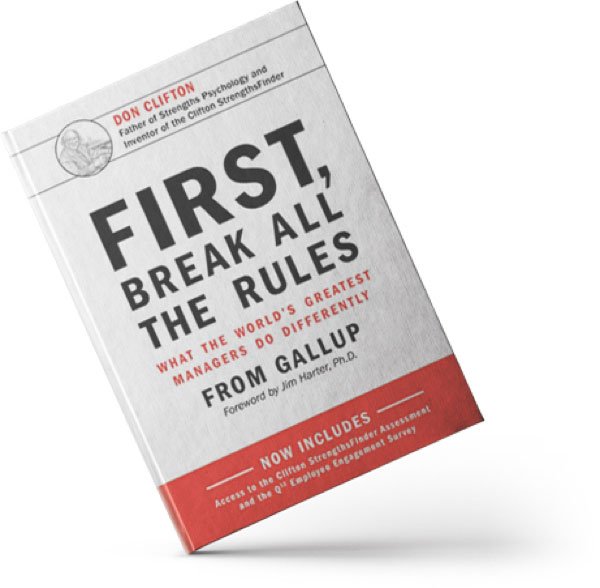Each year the Education and Skills Funding Agency (ESFA) updates the Academy Trust Handbook. Academy trusts have to comply with the handbook as a condition of their funding agreement.
Here we take a look at the changes that have been brought in for this year. The good news being that though there are some significant changes, they are simplifications of the requirements.
Unusually for this type of document it’s actually shorter with 16 less pages. And it includes a useful schedule of all the ‘musts’, this time in an excel schedule making them easier to search. You can see a copy of the latest Academy Trust Handbook here.
KEY CHANGES THIS YEAR
FINANCIAL OVERSIGHT
Trusts have greater discretion in relation to providing monthly management accounts to trustees. Though they must still share them with the Chair each month. However, the Board only have to consider them when they meet. The caveat being the Board must be assured that it has appropriate oversight of financial position of the trust.
There’s now no requirement to explain (in the Governance statement) how effective financial oversight has been exercised by trustees if fewer than 6 meetings in the year.
The handbook does emphasise the trust’s responsibility for ensuring there is sufficient financial knowledge on the Board. Along with that, no employees of the trust, other than the Senior Executive Leader, should be trustees. It emphasises that the Accounting Officer and CFO should not be the same person.
NOTICE TO IMPROVE (NTI)
The handbook emphasises the range of circumstances in which a NtI may be issued. Mainly coming under two headings of:
FINANCIAL CONCERNS
- Actual or projected deficits and cash flow issues etc
- Irregular use of public funds
- Poor internal scrutiny arrangements
- Beaches of RPTs requirements
GOVERNANCE CONCERNS
- Board’s not being properly constituted, including lacking appropriate skills, knowledge etc for effective oversight
- Trustees failing to comply with safeguarding duties
HEALTH AND SAFETY OF CHILDREN
The handbook has strengthened the message regarding the health and safety of children, including additional content about the safety and management of the school estate.
This chimes with additional disclosure requirements in the 2022/23 AAD relating to estates safety and management.
It also sets out the specific guidance trusts should be aware of and apply in relation to estates safety and management such as Good Estates Management for Schools, Estate management competency framework, Condition Data Collection, RAAC guidance etc.
RELATED PARTY TRANSACTIONS (RPTS)
There’s been an increase in the threshold for seeking pre-approval from the ESFA for RPTs. Applying to all contracts / agreements for supply of goods and services from 1 September 2023 where the value in the financial year is greater than £40,000.
There is an exemption from pre-approval for purchases from Sponsors (i.e. Colleges, Universities and other Sponsors) as well as other academies and state funded schools. The ‘at cost’ requirements are also removed for these types of transactions. However, this doesn’t extend to trading subsidiaries of those organisations though (pre-approval and ‘at cost’).
There’s also exemption from pre-approval for purchases by a trust with a religious designation of services for ‘essential functions fundamental to their religious character and ethos that can only be provided by their religious authority’. Though do note that like the existing ‘at cost’ exemption on similar services, this is not a blanket exemption for all purchases from a religious authority so beware.
Also do note that there’s been no change in the requirement to report all RPT’s to the ESFA in advance of the transaction (or entering into the contract / agreement and this now includes renewal).
LEASES
There are planned changes to FRS102 in relation to leases. Changes which will bring most leases onto the trust’s balance sheet. There will be exceptions around short-term leases and leases where underlying asset value is low (e.g. PCs, phones, photocopiers etc). These will apply to the 2025/26 year (i.e. from 1 September 2025). These changes will need further guidance from the ESFA so watch out for that.
ACADEMY TRUST GOVERNANCE CODE
Finally trusts need to be aware that this is currently in ‘draft’ and now awaiting results from public consultation so it can be finalised. The aim of the Code is to help trusts develop and maintain high standards of governance.
The ESFA’s Financial Management Good Practice Guides should also be aware of these 10 key guides. The key guides to ensure you’re familiar with are:
- Operating a trust as a going concern
- Trust deficit recovery
- Trust risk management
- Internal scrutiny in trusts
- Leasing guidance
- Streamlined Energy and Carbon Reporting
SO, THERE YOU HAVE IT
While there were no huge changes in the 2023 handbook there is still plenty to digest. Hopefully, this provides a good guide of the areas that trustees, accounting officers and CFOs need to start thinking about in terms of their financial and governance responsibilities this year.
As ever, if you have any questions on any of the details included in this update, or just want more information, guidance or advice in relation to your academy trust, including undertaking an independent review of your trust’s compliance with the handbook then do get in touch.




















